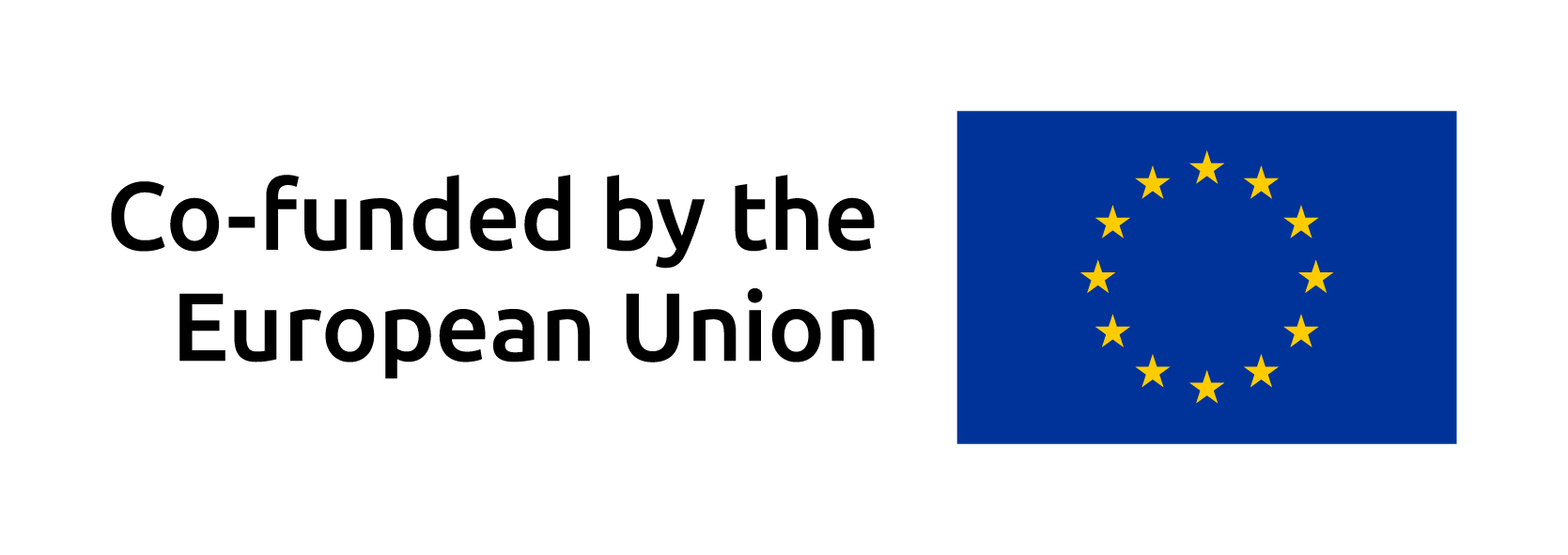- Timetable of the lecture “BIOINFORMATICS” – summer semester 2024/2025
- SYLLABUS of the lecture “BIOINFORMATICS” – summer semester 2024/2025
Lecture BIOINFORMATICS
summer semester 2024/2025
(This lecture is optional)
Lectures will be held in hybrid mode.
| Data | Temat |
| 12 March
14:30 -16:00 |
Introduction to bioinformatics.High-throughput ‘omics’ methods in bioinformatics
(dr Marcin Sajek) |
| 18 March 15:30 -17:00
On-line only |
Statistical methods used in high-throughput data analysis(dr hab. Tomasz Górecki) |
| 26 March 14:30-16:00 | Programming languages and on-line bioinformatic tools(dr Tomasz Woźniak) |
| 2 April14:30 -16:00 | Whole molecule sequencing methods and their applications(dr Marcin Sajek) |
| 9 April 14:30 -16:00 | Introduction to machine learning(dr Marcin Sajek) |
| 29 April13:00 -14:30 | Single cell and spatial omics(Yukie Kashima, University of Tokyo, Karolinska Institute, Stockholm |
| 13 June11:45 -13:45 | Quality assessment of 3D RNA structures(dr hab. Maciej Antczak, Institute of Computing Science Poznan University of Technology |
| 18 June11:45 -13:15 | Modeling of proteins and RNA tertiary structure(dr hab. Maciej Antczak, Institute of Computing Science Poznan University of Technology) |
SYLLABUS
Summer semester 2024/2025
| Course | BIOINFORMATICS |
| Host Institution | Institute of Human GeneticsPolish Academy of SciencesStrzeszyńska Street, 32 |
| Language | English |
| The expected effects of teaching in terms of: knowledge, skills and social qualifications | Ph. D. student is supposed to gain knowledge about bioinformatics and computational biology including genomics, transcriptomics and structural biology. Lectures will contain information about methods of statistical analysis of high-throughput data, basics of programming and machine learning and artificial intelligence algorithms in computational biology.- |
| Type of course | optional |
| Semester/year | summer semester 2024/2025 |
| First name/family name of the person responsible for the course | Prof. UAM dr hab. Tomasz Górecki, prof. PP dr hab. Maciej Antczak, prof. Yukie Kashima, dr Tomasz Woźniak, dr Marcin Sajek |
| First name/family name of the person responsible for the exam | dr Marcin Sajek |
| Format | Lecture will be held in English with usage of audio-visual equipment. |
| Basic and additional requirements | Skills in English and knowledge in molecular biology and mathematics |
| Number of ECTSs | 2 ECTS |
| ECTSs summary | 1 ECTS corresponds to 25-30 hours of personal studies focused on broadening knowledge based on suggested bibliography (vide bibliography list below). |
| Method of teaching | Lectures will be held using power point presentation and a multimedia projector |
| Method of evaluation | oral exam |
| Prerequisite for passing | Positive score at the exam |
| Topics | sequencing methods and analysis of sequencing data-statistical methods in high–throughput data analysis
-programming languages -biological databases -methods for single molecule sequencing -introduction to machine learning -spatial transcriptomics -single cell sequencing -RNA and protein structure prediction -AI algorithms in structural biology |
| Additional material | Presentation of each lecture in PDF format |
| Bibliography | Will be suggested later |


